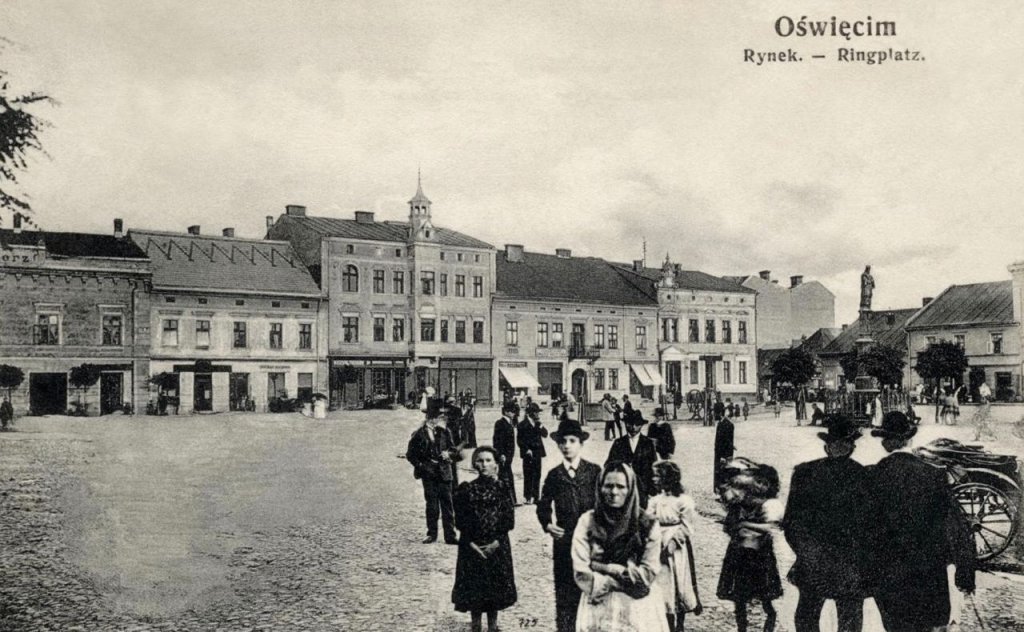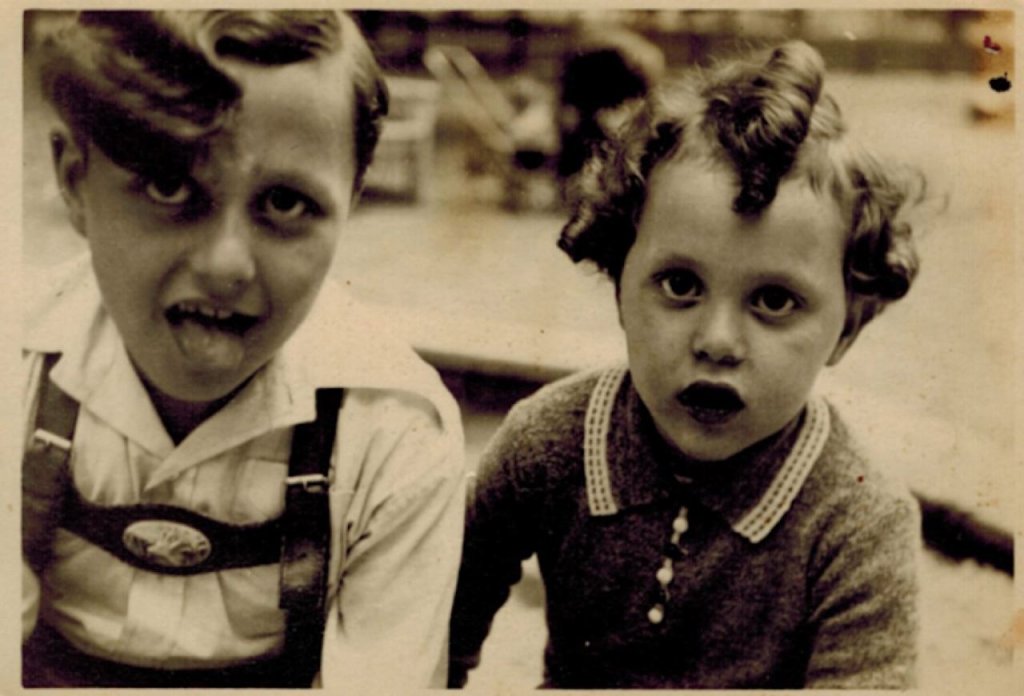As a history student at Truro College, I have studied the rise of Hitler and the Nazis. When the opportunity for a placement on the Lessons For Auschwitz course arose, I applied as soon as I could.
As this course was online this year due to the COVID pandemic, each lesson was delivered through an online presentation via zoom. Despite this, group discussions were still held as I was placed in a breakout room with a group of 10-15 other students from around the country. Although I was unable to complete the course in person, I developed a deeper understanding of the holocaust and what it meant for individual lives – an understanding I would not have experienced otherwise.
Prior to starting the course, my understanding of the holocaust was somewhat limited. I was knowledgeable of the statistics: 6 million Jewish men, women and children were murdered by the Nazis and their perpetrators. But to really break this down into individual experiences and how this impacted people’s lives then and now took more than just citing a statistic.
One of the first topics we covered in the course was pre- war Jewish life. Learning this was fundamental for really understanding the extent of the communities lost as a result of the holocaust. Many people recognise ‘Auschwitz’ for the horrific concentration camp. In addition to this, it is also important to remember the vibrant community that existed in Oświęcim prior to the war and being renamed by the Nazis. Here, Jews made up 58% of the population and the communities were successfully assimilated. Marta Świderska, former resident of Oświęcim, recalls how “if there were Jewish festivities, the Poles also felt it was their duty to decorate the windows of their houses. It was as if an agreement had been made, an agreement for mutual respect.”

Main Market Square, with the Herz Hotel, 1910. © Collection of Miroslaw Ganobis.
Although we can never fully understand what it meant to be transported to concentration camps such as Auschwitz-Birkenau, learning about the liveliness of these communities allows us to comprehend the extent of destruction that the holocaust inflicted.
Hearing from holocaust survivor, Manfred Goldberg, will be an experience I will never forget as he recalled being transported to Precu concentration camp with his mother and younger brother Herman. One day whilst he and his mother worked, Herman disappeared and they never saw him again. Having a younger sibling myself, to imagine never being able to see them again was painful. This made me realise the complexities of each individual experience of the holocaust and how important it is that these stories are never suppressed.

Manfred Goldberg with his younger brother Herman before the war. (Holocaust Educational Trust)
Part of the course was to also learn about acts of resistance against Nazi rule. Usually, the term “resistance” coins ideas such as a physical attack against the SS officers. Although this took place, such as the Sonderkommando revolt of October 1944, resistance also took other forms. One of them being swapping food rations for 5 minutes of prayer. In this short amount of time, it gave survivors more hope than what the food ration could give them.
These acts of resistance compelled me to think about the contemporary relevance of the holocaust today and how we all have a responsibility to resist anti-Semitism, whether that is physically standing up to acts of prejudice or educating others.
I encourage those who are able to access this course to do it, for it is an experience I will never forget. In the words of Elie Wiesel, ““When you listen to a witness, you become a witness.”
For more information











